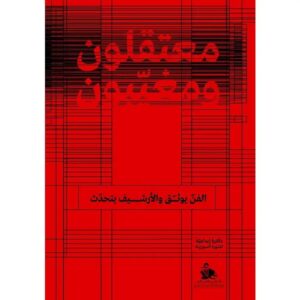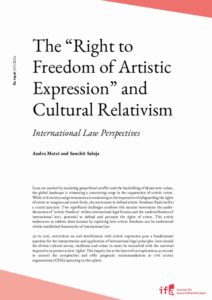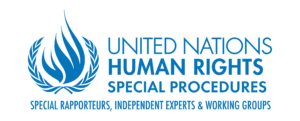 The archive project Creative Memory of the Syrian Revolution presented a new book in Lebanon in September: Detainees and Disappeared: Art Documents and Archives Speak.
The archive project Creative Memory of the Syrian Revolution presented a new book in Lebanon in September: Detainees and Disappeared: Art Documents and Archives Speak.
This book documents the problems of imprisonment and disappearance of people from the fields of art and culture between 2011 and 2020 in Syria on two levels. On one level, it traces the imprisonment, abduction, or killing under torture of artists and intellectuals who used their art to oppose the Syrian regime and all forms of oppression. This was particularly evident in the early years of the Syrian revolution. On the second level, various artistic works are presented that deal with those who were arrested or abducted for oppositional activities.
The book is available in Arabic from Antoine Publishers.



